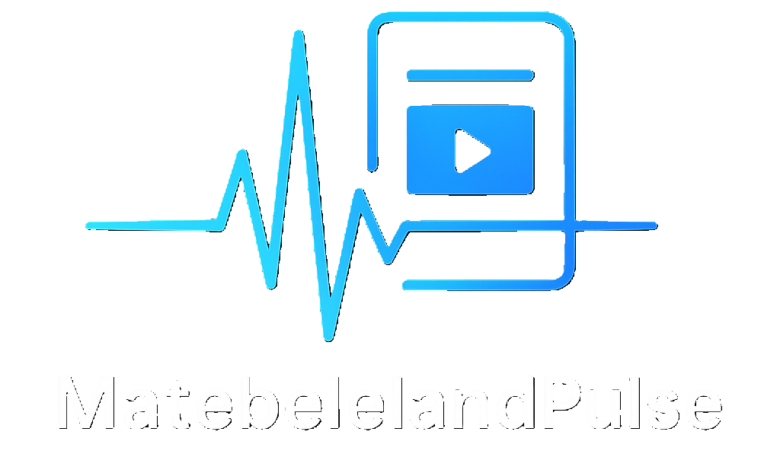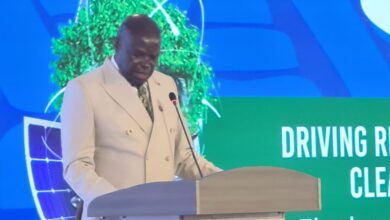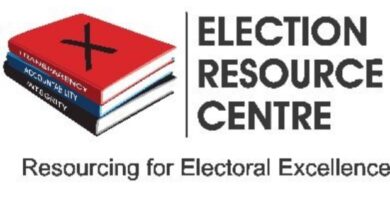Cabinet approves radio and television license fee review amid public outcry

Nqobizwe Thebe
Harare– The Government of Zimbabwe has approved the downward review of radio and television license fees following widespread public discontent over high charges, particularly the mandatory $30 radio licence fee linked to vehicle registration. The decision was announced in Cabinet on Tuesday, 29 July 2025, and confirmed in Parliament the following day by the Minister of Information, Publicity and Broadcasting Services, Dr. Jenfan Muswere.
Responding to concerns raised by legislators during a question-and-answer session in the National Assembly on 30 July, Minister Muswere confirmed that Cabinet had resolved to review licensing costs across the board in response to economic realities and public complaints. “His Excellency, Dr. Emmerson Mnangagwa, as the Chair of Cabinet, gave a directive that all the license fees, including those for radio and television, must be reviewed and brought down,” said Dr. Muswere. He added that the review process would be implemented through a whole-of-government approach involving multiple ministries and departments.
The move follows sustained public and parliamentary criticism over the cost of radio licenses, especially the mandatory link between paying the license fee and renewing vehicle licenses through the Zimbabwe National Roads Administration (ZINARA). Legislators had questioned why motorists were required to pay a separate radio licence fee in addition to insurance and road tax, calling for the consolidation of fees into a single disc to avoid clutter on windscreens and reduce financial strain.
In his remarks, Minister Muswere explained that the Broadcasting Services Act currently mandates the Zimbabwe Broadcasting Corporation (ZBC), in consultation with the ministry, to determine and review the cost of licences. “ZBC, in consultation with the Minister, has the power to review the prices for radio and television licenses,” he said. He further clarified that the review was discussed in Cabinet and now awaits implementation through inter-ministerial coordination.
Responding to a question on the timeline for implementation, the Minister stated that the review process had already begun and would not exceed six months. “I expect this job of reviewing licenses to be done immediately because the decision has already been made,” said Dr. Muswere. He noted that the process would be undertaken in phases and would include 12 categories of fees under various ministries, departments, and agencies. The Ministry of Finance, Economic Development, and Investment Promotion is leading the inter-ministerial effort to ensure all licenses are reviewed in line with the ease of doing business reforms.
The licensing issue has also raised questions about exemptions for vulnerable groups. Hon. Fadzayi Shonhai-Shiriyedenga questioned the minister on the consistency of exemptions for senior citizens. She noted that while Statutory Instrument 264 of 2021 exempts individuals over 65 years old from paying home-use radio licenses, the new Broadcasting Services Act appears silent on such provisions. In response, Dr. Muswere said exemptions and price adjustments would be covered through future statutory instruments and could be reviewed within the existing legal framework.
The ZBC’s licensing regime has long been criticised by the public, with many citizens expressing reluctance to pay the fees, citing poor service delivery and outdated programming. The decision by Cabinet to lower the fees marks a significant policy shift and may help rebuild public trust in the national broadcaster.
As the government moves to implement the new directive, attention will be on how quickly the Ministry of Information and its counterparts, including ZBC and the Ministry of Finance, act to effect the changes. The upcoming statutory instruments will be critical in formalising the reduced fees and clarifying exemptions, especially for pensioners and other vulnerable groups. In the meantime, citizens are hopeful that this policy shift will make access to broadcasting services more affordable and transparent.




